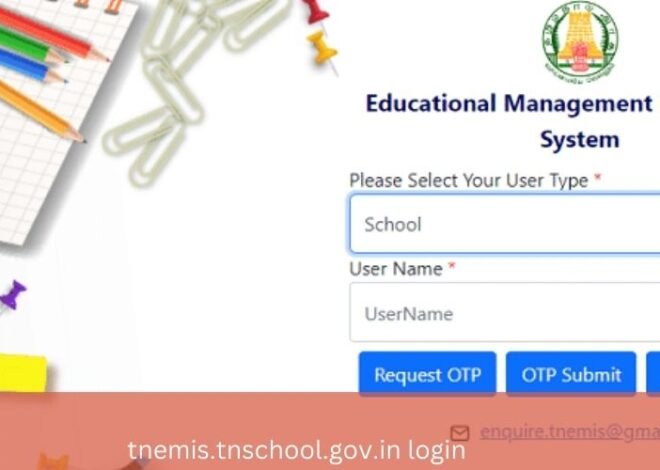
Is Online Learning the Right Fit for Your Child? Signs to Look For
Understanding Your Child’s Learning Style
Children learn differently, and recognizing how your child absorbs information can profoundly influence their educational journey. While some students excel in highly structured classrooms, others benefit more from online studies’ independence and self-directed nature. For parents considering online education, reflecting on your child’s ability to stay motivated and manage their time without direct supervision is important. If your child has demonstrated self-discipline and a proactive approach to learning, the flexibility and autonomy of online education might be an ideal match. For families seeking the right educational fit, numerous reputable resources help parents find a school that tailors instruction to a student’s learning style.
Not all children thrive in the same environment, so observing your child’s strengths and academic preferences will help you decide if a virtual classroom is appropriate. Discuss these factors with your child to see what environment makes them feel most confident and engaged.
Assessing Technological Readiness
Online learning depends on daily interaction with technology, so it’s critical that your child feels comfortable navigating various digital platforms, submitting assignments online, and resolving minor technology hiccups. Reliable access to laptops, tablets, and high-speed internet is a foundational requirement. If your child is proficient with technology and can troubleshoot basic problems without frustration, they can succeed in a virtual school setting. On the contrary, those uncomfortable using computers may face a steep learning curve and become discouraged before making significant academic gains.
Evaluating Social Interaction Needs
One notable difference between online and traditional education is the frequency and type of peer interaction. Brick-and-mortar schools naturally encourage face-to-face collaboration, conflict resolution, and friendship-building skills vital for emotional and social growth. Online learning is sometimes perceived as isolating, but many high-quality virtual programs have adapted by creating digital clubs, group projects, and virtual hangouts to facilitate social engagement. If your child is especially extroverted or derives motivation from regular in-person connections, assessing how a virtual environment will support their social health is important.
Considering Flexibility and Extracurricular Commitments
Flexibility is a major advantage of online education, especially for families managing demanding routines or for children active in sports, performing arts, or travel-intensive extracurriculars. With asynchronous classes and fewer restrictive schedules, students can balance their academic load with personal interests or health considerations. This adaptability relieves stress for families with non-traditional calendars and empowers children to pursue passions without compromising their education. It also allows students to learn at their own pace, which can be especially beneficial for those who need more time to grasp certain subjects or who wish to accelerate in areas of strength. Parents gain more oversight and involvement in their child’s learning journey, fostering stronger academic support at home. Ultimately, this flexibility helps build time-management and self-discipline skills that are valuable well beyond the school years.
Analyzing Academic Support and Resources
Before committing to an online school, determine the extent of academic support they offer. The best programs will provide certified teachers, 1:1 tutoring options, and counseling services to support student development. Ensure your chosen school fosters an environment where students can ask questions, seek help with challenging topics, and access additional resources when needed. Carefully review the student services of each virtual school to guarantee your child won’t be left to navigate this new environment alone. This is especially important since research from Edutopia suggests that strong support systems directly correlate with improved outcomes in online learning.
Monitoring Mental Health and Well-being
Moving to an online format can affect a child’s mental and emotional health, particularly during times of transition. Without daily in-person interaction, some students may face increased anxiety, loneliness, or difficulty maintaining motivation. Regular mental wellness check-ins and open family dialogue are crucial in identifying early signs of distress. Please encourage your child to share their feelings about the transition, and keep communication lines open with teachers and school counselors.
Recognizing Signs of Success in Online Learning
Children best suited for online learning demonstrate independence, enthusiasm for technology, and solid time-management skills. If your child shows these qualities alongside a positive attitude towards digital content, online education can open unique opportunities for their growth. Furthermore, virtual learning can serve children with medical needs, anxiety disorders, or other circumstances that make traditional schooling less accessible. Tracking your child’s progress, celebrating their successes, and addressing setbacks early are important markers for ongoing success in a digital learning environment.
Making an Informed Decision
Choosing between online and in-person education is a significant decision that requires a deep understanding of your child’s needs, abilities, and overall well-being. Engage in meaningful conversations with your child to assess their perspective, evaluate academic and social readiness, and research various online programs. By actively involving your child in the choice and reviewing reputable sources, you can help lay the foundation for a fulfilling and effective learning experience. Observing how your child handles structure, motivation, and screen time during regular routines is also helpful. Some students may thrive with the flexibility of online learning, while others benefit from the consistency and face-to-face interaction of a physical classroom. Weighing these preferences against your family’s schedule, support systems, and educational goals can lead to a more confident and informed decision.


